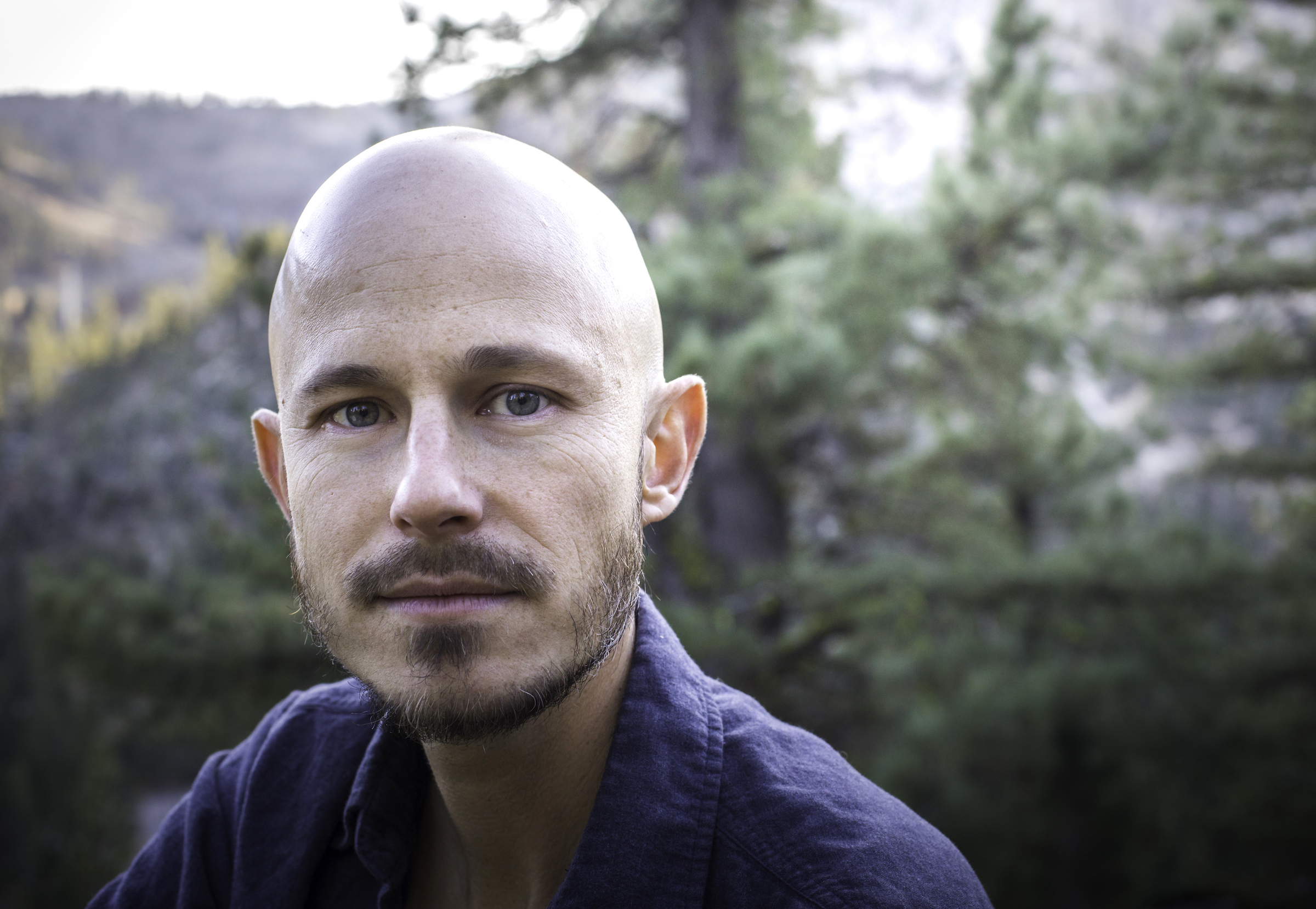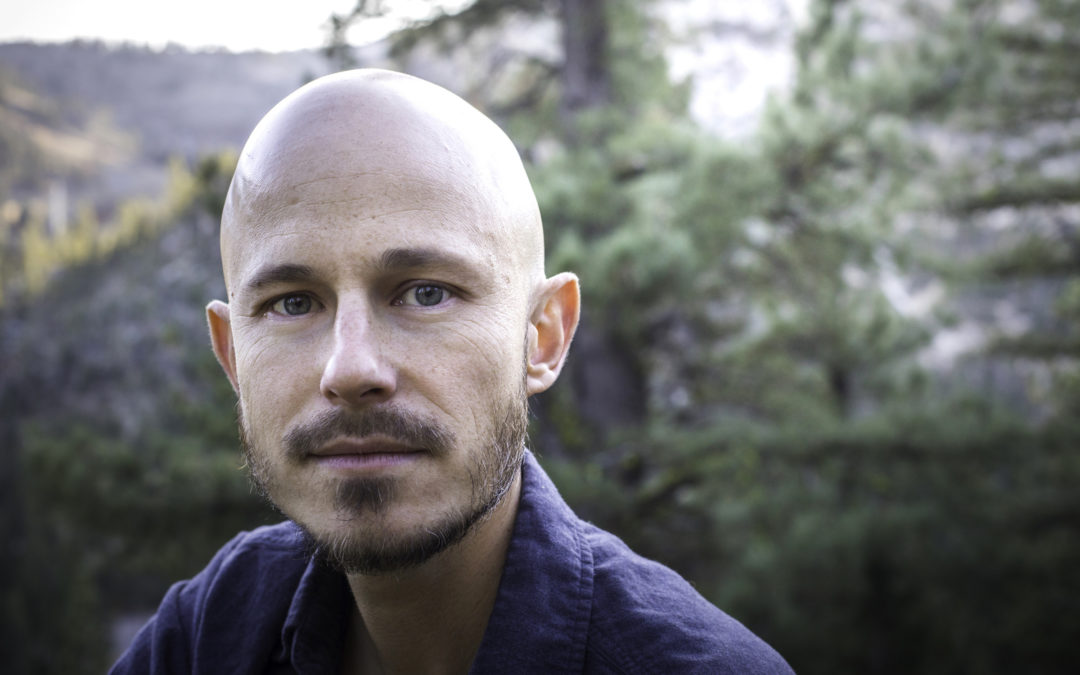
S3-EP11: DJ DiDonna on Why Sabbaticals Lead to a Stronger Identity, Increased Happiness, and an Appetite for Change
Listen on
SUMMARY
Debbie talks to entrepreneur and researcher DJ DiDonna about sabbaticals, first cousins to gap years, and why they can be transformational.
Note from Debbie
I hope you enjoy this episode of the podcast. Would you please consider leaving a short review on Apple Podcasts/iTunes? It takes less than sixty seconds, and it really makes a difference in attracting new listeners and upcoming guests. I might read your review on my next episode!
EPISODE NOTES
Today, Debbie Weil brings DJ DiDonna on the show to talk about sabbaticals, first cousins to gap years. DJ is a graduate of Harvard Business School, co-founder of a socially-conscious financial tech company, and now, an expert on sabbaticals. Like a lot of young entrepreneurs DJ was burned out after working flat out for seven years. So he took two sabbaticals: one to make the famous, 900-mile Shikoku Pilgrimage in Japan. And another to hike and motorcycle across New Zealand.
Then he founded The Sabbatical Project to explore how and why sabbaticals lead to positive outcomes for working professionals. The goal of the project is to make corporate sabbatical policies more mainstream. He’s collaborating on academic research on the topic with Matt Bloom, a former Notre Dame professor who runs WorkWell Research.
As noted, a sabbatical is a close cousin to a gap year or timeout and DJ has lots to say about the psychological benefits of taking a timeout, whether it’s voluntary or involuntary.
What they talked about
- The difference between a gap year and a sabbatical
- A forced sabbatical vs. a chosen sabbatical
- The most surprising things that happened during DJ’s sabbatical pilgrimage in Japan
- Why we need research on sabbaticals – the results provide incentives and encouragement to companies to offer sabbatical options
- One surprising discovery of the research: a phenomenon called functional workaholism
- The courage it takes to take a sabbatical or a gap year and the importance of exemplars
- Why Debbie and her husband, Sam Harrington, decided to take their Gap Year After Sixty
- DJ’s book proposal, aptly titled Time Off Well Spent
- The importance of retrospection and hindsight, during and after taking a sabbatical
Mentioned in the episode or useful:
- DJ DiDonna
- The Sabbatical Project
- DJ’s 2019 Tedx Talk: Time (Off) Well Spent
- Shikoku Pilgrimage in Japan
- LenddoEFL
- Even a “forced sabbatical” can have profound benefits by DJ DiDonna (Quartz At Work, April 6, 2020)
- The Sabbatical Project Dispatch (DJ’s newsletter)
- Work Well Research with Matt Bloom
- Making Sabbaticals Mainstream, Harvard Business School podcast with DJ (March 2019)
University sabbatical programs for older adults
- Notre Dame Inspired Leadership Initiative
- Harvard Advanced Leadership Initiative
- Stanford Distinguished Careers Institute
Previous podcast episodes about taking a timeout
- Seth Godin on Taking a Gap Year, Changing your Mindset and Why he Isn’t Pausing (The Gap Year Podcast S2-Ep21)
- Chip Conley on the Future of Travel, the Journey Within, and Hitting Play After the Pause (The Gap Year Podcast S2-Ep23)
- Kim Klaft on.a Global Gap Year and Living Without Regret (S2:EP17)
Photo credit: Cynthia Cendreda
Support this podcast:
- Leave a review on iTunes
- Subscribe via Apple Podcasts, Google Podcasts, Stitcher or Spotify
- Interested in sponsoring this podcast? We have an avid audience of midlife, and older, listeners. Contact Debbie Weil.
Credits:
- Host: Debbie Weil
- Producer: Far Out Media
- Music: Lakeside Path By Duck Lake
Connect with us:
- Email: [email protected]
- Twitter: @debbieweil
- Insta: @debbieweil
- Debbie and Sam's blog: Gap Year After Sixty
Thanks to our media partners
 Encore.org, our newest media partner, is an ideas and innovation hub tapping the talent of those 50+ as a force for good. Founder and CEO Marc Freedman is an award-winning social entrepreneur and author, most recently, of How to Live Forever: The Enduring Power of Connecting the Generations. Looking for a great gap-year transition program? Check out Encore Fellowships, which match skilled, seasoned professionals with social-sector organizations in high-impact, paid assignments.
Encore.org, our newest media partner, is an ideas and innovation hub tapping the talent of those 50+ as a force for good. Founder and CEO Marc Freedman is an award-winning social entrepreneur and author, most recently, of How to Live Forever: The Enduring Power of Connecting the Generations. Looking for a great gap-year transition program? Check out Encore Fellowships, which match skilled, seasoned professionals with social-sector organizations in high-impact, paid assignments.

Modern Elder Academy is a program dedicated to navigating mid-life transitions. MEA, based in Baja California, Mexico, provides the place and the tools to start reframing your lifetime of experience. Grow whole, not old. Founder Chip Conley is a New York Times bestselling author, award-winning hospitality entrepreneur and a rock star of the mid-life transition movement. His newest book is Wisdom @ Work: the Making of a Modern Elder.
 Next For Me is an important new resource for the 50+ crowd focused on rewriting life. Taking a gap year or timeout may be the best way to figure out "what's next" when you're in this stage of life. Founder Jeff Tidwell explains, Next For Me "connects and inspires our generation to evolve our post-50 lives through new work, a new purpose, or a new social contribution."
Next For Me is an important new resource for the 50+ crowd focused on rewriting life. Taking a gap year or timeout may be the best way to figure out "what's next" when you're in this stage of life. Founder Jeff Tidwell explains, Next For Me "connects and inspires our generation to evolve our post-50 lives through new work, a new purpose, or a new social contribution."

